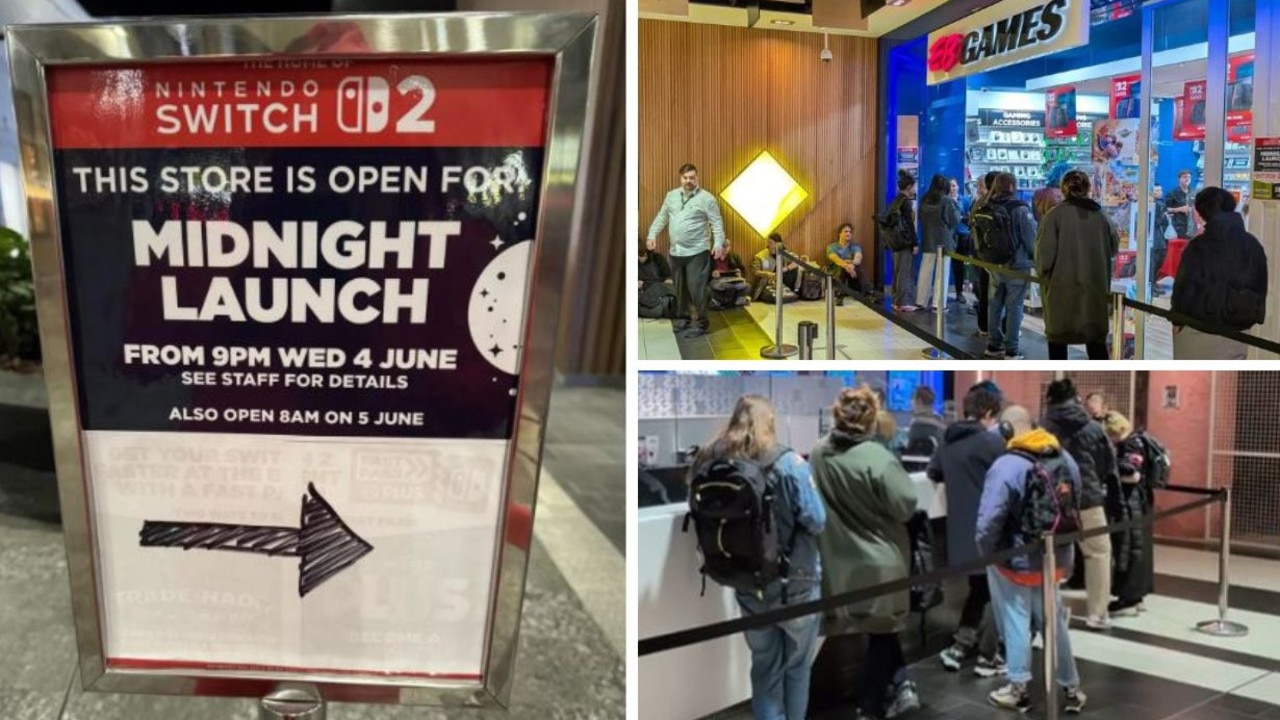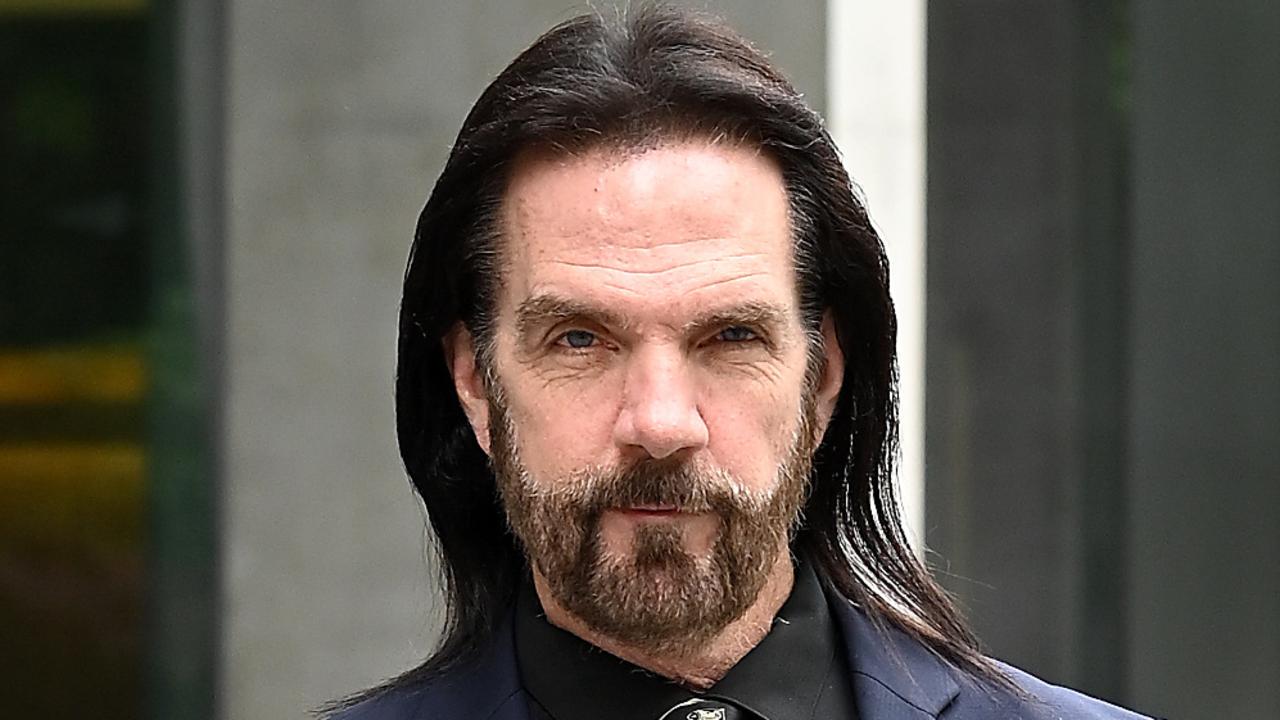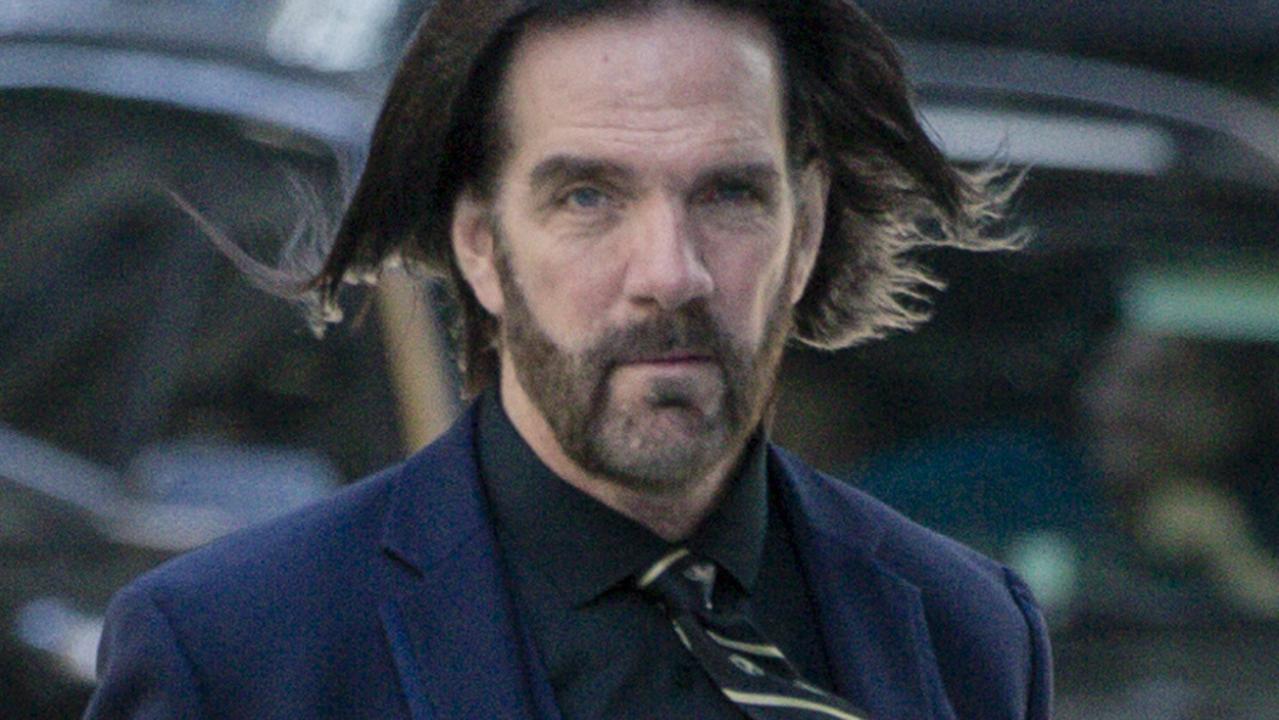Most popular streamer accused of burnout marketing ploy
Tyler ‘Ninja’ Blevins announced a break from streaming following a visible bout of agitation. He returned quickly and promoted a new initiative.
Tyler “Ninja” Blevins, the most popular streamer in the world with a follower count of over 18 million, announced last week that he needed “to take a break from streaming,” and told his followers that he didn’t know when he’d return. It turns out that he would return after only one week.
Last week, we reported that Ninja had lost his Twitch partnership after a miserable game of Fortnite, in which Ninja got upset at an enemy escaping. He then signed out and ended his stream with a tirade against a game mechanic and told his chat he needed a break from streaming.
Streaming, despite popular misconceptions, is taxing on an individual’s mental state. While it may seem that streamers are just playing games and talking to people, in reality, streamers are not only performing for an audience for multiple hours a day, several days a week, but also juggling aspects of their business — be it promotional work, art and development, working with other companies to secure partnerships, and so on. These are things that often require teams of people to handle efficiently.
— javier. (@javierexoh) September 1, 2022
Despite Ninja’s popularity, those tenets of the streaming business still hold true: it is demanding work and effort. Many thought that Ninja, like many other streamers before him, simply needed a vacation. Aside from the tirade on stream, he also altered his Twitter to a new name “User Not Found” and removed his profile picture. Instead of the mental health vacation that many assumed he was taking, Ninja announced his return a mere seven days later, alongside his intent to stream on every platform simultaneously.
This explains the Twitch partnership loss as well — one of the rules of Twitch’s partnership program is that you cannot simulcast stream to competitive platforms, like YouTube Gaming. Ninja’s new streaming ideas of streaming to every platform imaginable goes against that rule.
Many became suspicious of the timing and immediately took to Twitter to announce their disapproval. Streaming reporter Zach Bussey stated his distaste via a tweet: “The poorly acted mental health crisis thing was stupid and unnecessary. There are big issues with mental health in the streaming community and using it as marketing (poor marketing mind you) is a stain on an otherwise intriguing plan.”
Written by Junior Miyai on behalf of GLHF.





